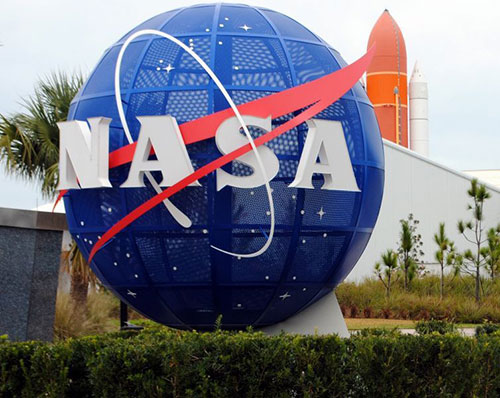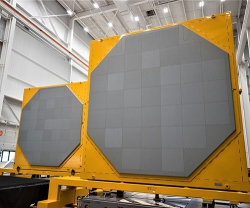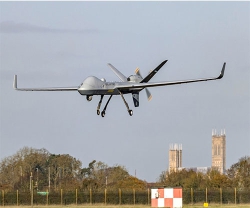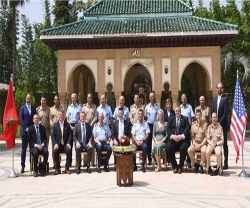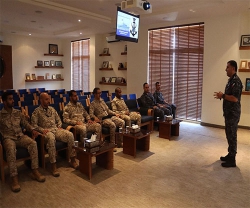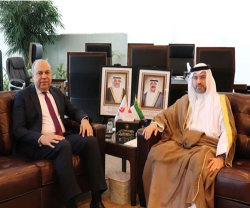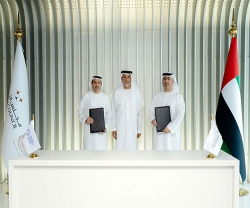US National Aeronautics and Space Administration (NASA) named a newly discovered minor asteroid after a talented Saudi student Faisal Aldossary.
Aldossary is the third Saudi gifted national to have his name given to a minor planet following Abduljabbar Al-Houmoud in 2016 and Fatima Al-Sheikh in 2017, the Saudi Press Agency (SPA) reported.
The new asteroid will hold the name Aldossary 34559. Such an honor is usually given to excelled students with scientific breakthroughs, during Intel International Exhibit for Science and Engineering.
Aldossary research was on fabricating botanical hormones for agricultural applications, where he managed to achieve a number of scientific edges. He is still a preliminary student at Shanghai Stem Cloud Center, China, SPA added.
NASA is an independent agency of the United States Federal Government responsible for the civilian space program, as well as aeronautics and aerospace research.
NASA was established in 1958, succeeding the National Advisory Committee for Aeronautics (NACA). The new agency was to have a distinctly civilian orientation, encouraging peaceful applications in space science.
Since its establishment, most US space exploration efforts have been led by NASA, including the Apollo Moon landing missions, the Skylab space station, and later the Space Shuttle.
NASA is supporting the International Space Station and is overseeing the development of the Orion Multi-Purpose Crew Vehicle, the Space Launch System and Commercial Crew vehicles.
The agency is also responsible for the Launch Services Program which provides oversight of launch operations and countdown management for unmanned NASA launches.
NASA science is focused on better understanding Earth through the Earth Observing System; advancing heliophysics through the efforts of the Science Mission Directorate’s Heliophysics Research Program; exploring bodies throughout the Solar System with advanced robotic spacecraft missions such as New Horizons; and researching astrophysics topics, such as the Big Bang, through the Great Observatories and associated programs.

